November 1, 2025, the 2025 National Postgraduate Academic Forum on Industrial Economics (12th Session) was successfully held at Jiangxi University of Finance and Economics (JUFE). The forum was hosted by the School of Digital Economics, Institute of Industrial Economics, and Institute of New Energy and Low-Carbon Development of JUFE, and co-organized by the Internet Economy and Industrial Innovation Development Professional Committee of the Chinese Industrial Economics Association and the Journal of Contemporary Finance & Economics.
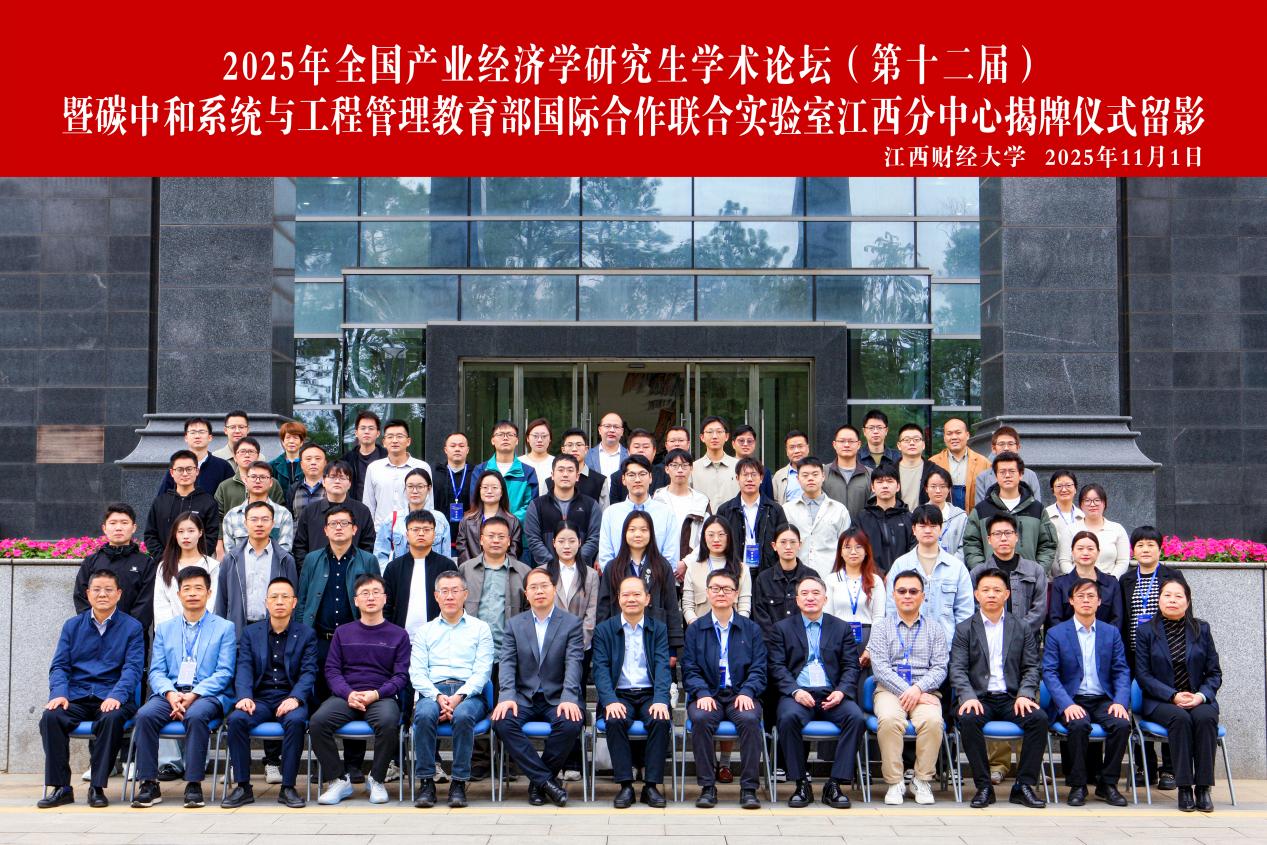
The academic exchange of this forum consisted of two parts: keynote reports and special presentations. Among them, the 30 papers for special presentations were carefully selected from nearly 600 submissions collected nationwide after multiple rounds of anonymous review and evaluation.
The keynote report session was divided into upper and lower halves, hosted by Professor Zou Yanfen, Dean of the Institute of New Energy and Low-Carbon Development of JUFE, and Professor Wang Zili, Dean of the Institute of Industrial Economics of JUFE, respectively. Professor Wang Ke, Dean of the Institute of Humanities and Social Sciences of the Research Institute of Beijing Institute of Technology (BIT), Deputy Director of the Center for Energy and Environmental Policy Research, and National Young Talent; Professor Yu Yongze, Dean of the School of International Economics and Trade of Nanjing University of Finance and Economics and National Young Talent; Professor Han Chao, Deputy Director of the Center for Industrial Organization and Enterprise Organization Research of Dongbei University of Finance and Economics and National Talent; Professor Qu Chuang, Director of the Center for Digital Economy and Platform Competition Research of Shandong University; Professor Zhang Jie, Executive Vice President of the Capital Development and Strategy Research Institute of Renmin University of China and National Talent; and Professor Liu Xiuyan, Vice Dean of the School of Economics and Management of Southeast University, Vice Dean of the National Development and Policy Research Institute, and National Talent delivered speeches respectively.
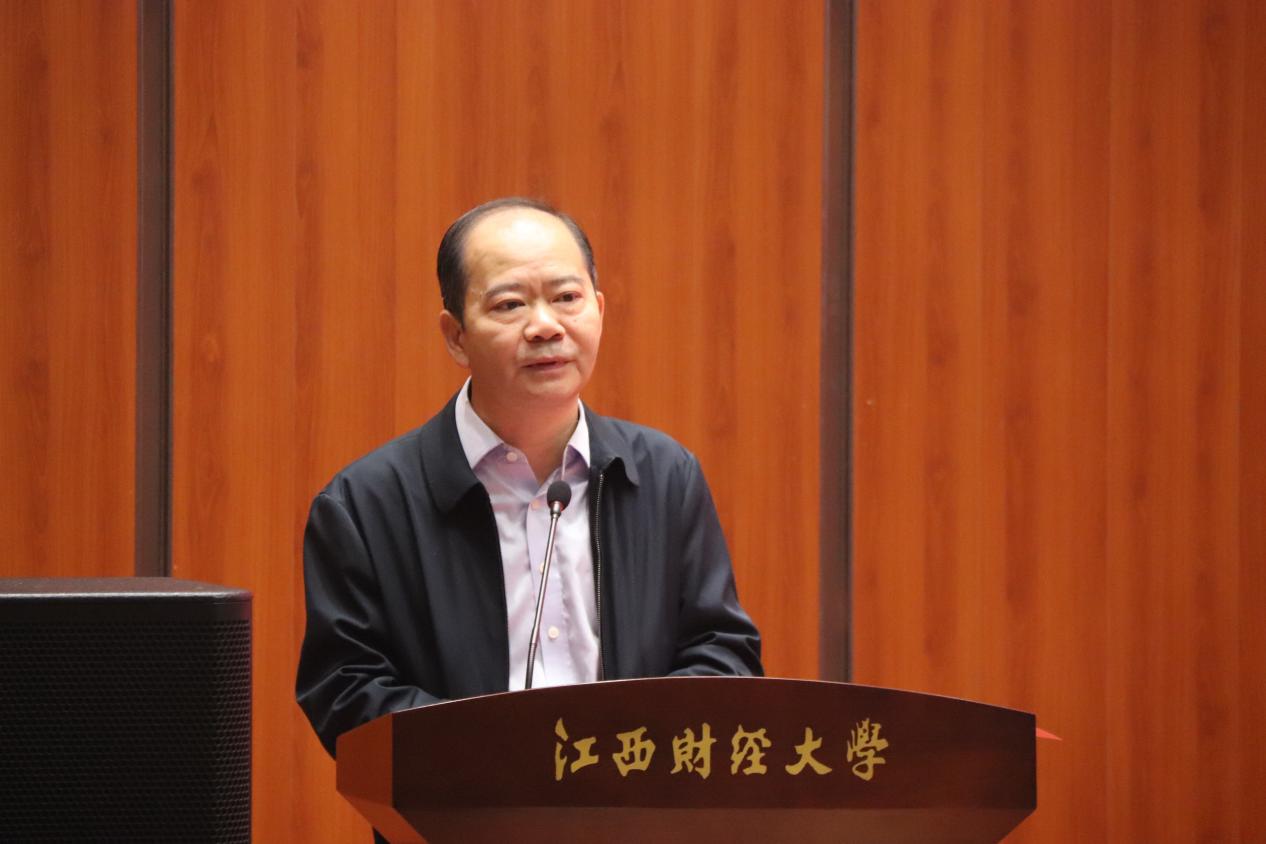
Professor Li Chungen, Member of the Standing Committee of the Party Committee and Vice President of JUFE, and Professor Wang Ke, Dean of the Institute of Humanities and Social Sciences of the Research Institute of BIT and Deputy Director of the Center for Energy and Environmental Policy Research, delivered speeches respectively. Professor He Xiaogang, Dean of the School of Digital Economics, hosted the opening ceremony of the conference.
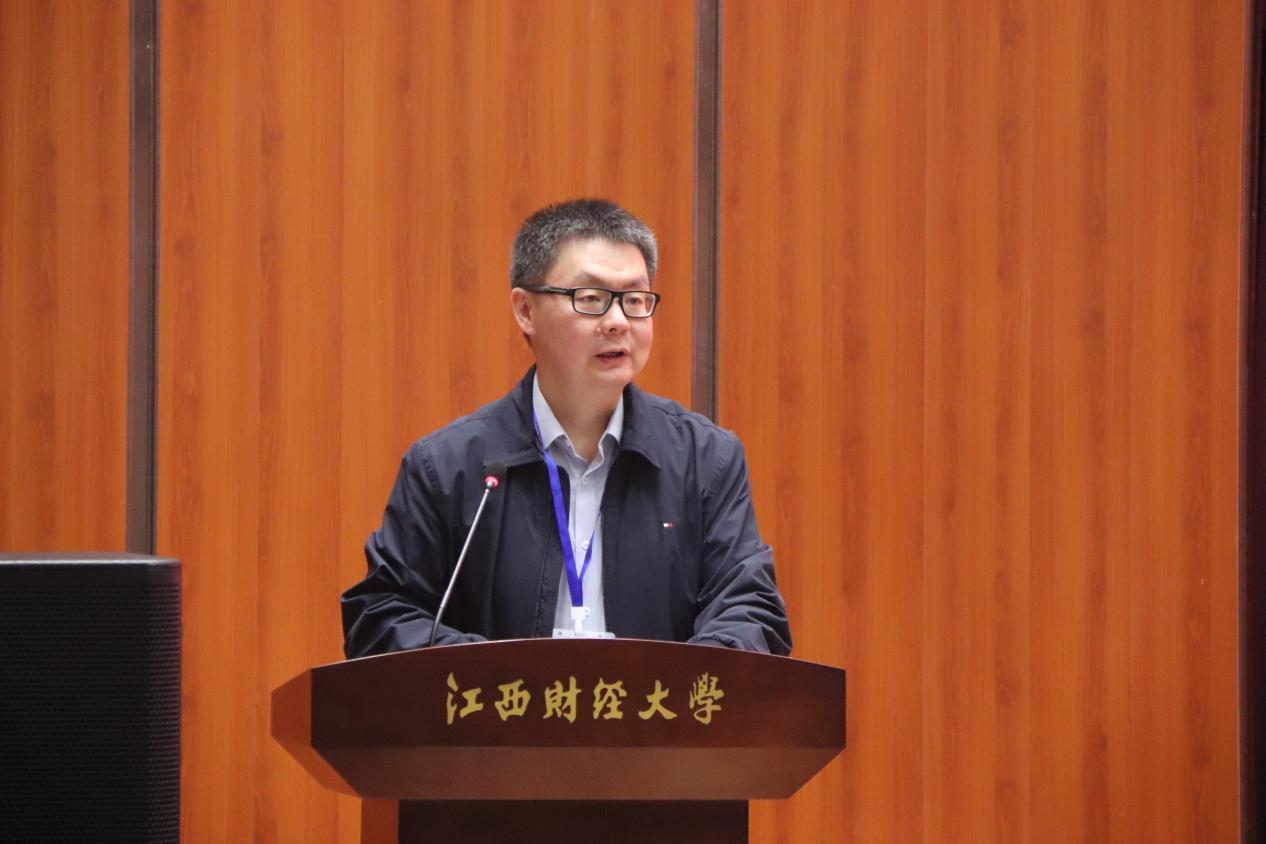
Professor Wang Ke delivered a report titled "Re-evaluation of the Effectiveness of China's Carbon Trading Mechanism: Emission Reduction Incentives and Cost Reduction & Efficiency Improvement". For the first time, he used large-sample enterprise data to test the trading effect of the carbon market, providing a new perspective for evaluating the performance of the carbon market, revealing the impact of the carbon market on reducing marginal abatement costs, and expanding the existing evaluation of carbon market performance.
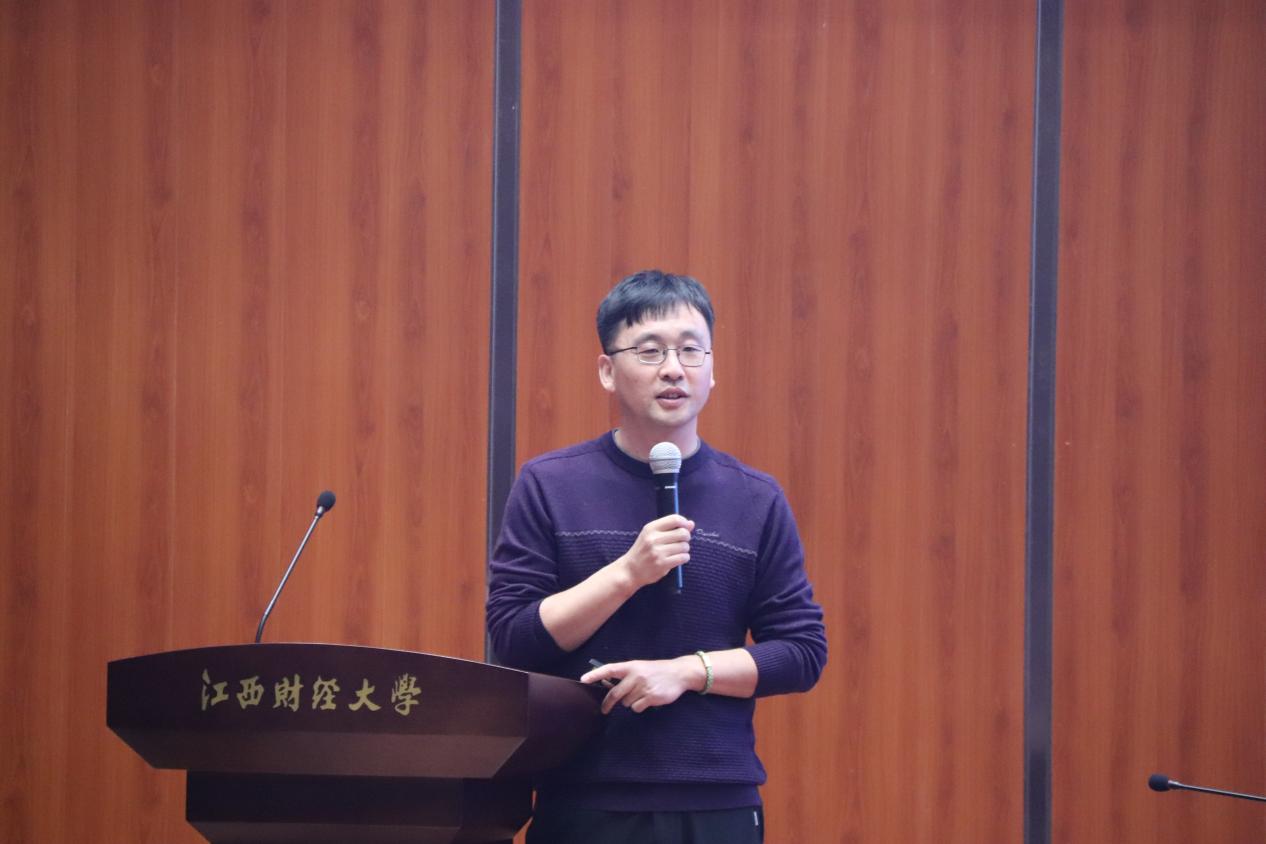
Professor Yu Yongze delivered a report titled "Artificial Intelligence and Inclusive Development". He proposed that in the era of artificial intelligence, it is necessary to strengthen enterprise employment skills training services, implement industry co-governance and anti-monopoly; improve the employment training mechanism to comprehensively enhance labor skills; and build an employment-friendly industrial structure to promote employment, provide high-quality employment opportunities, and reduce social inequality.
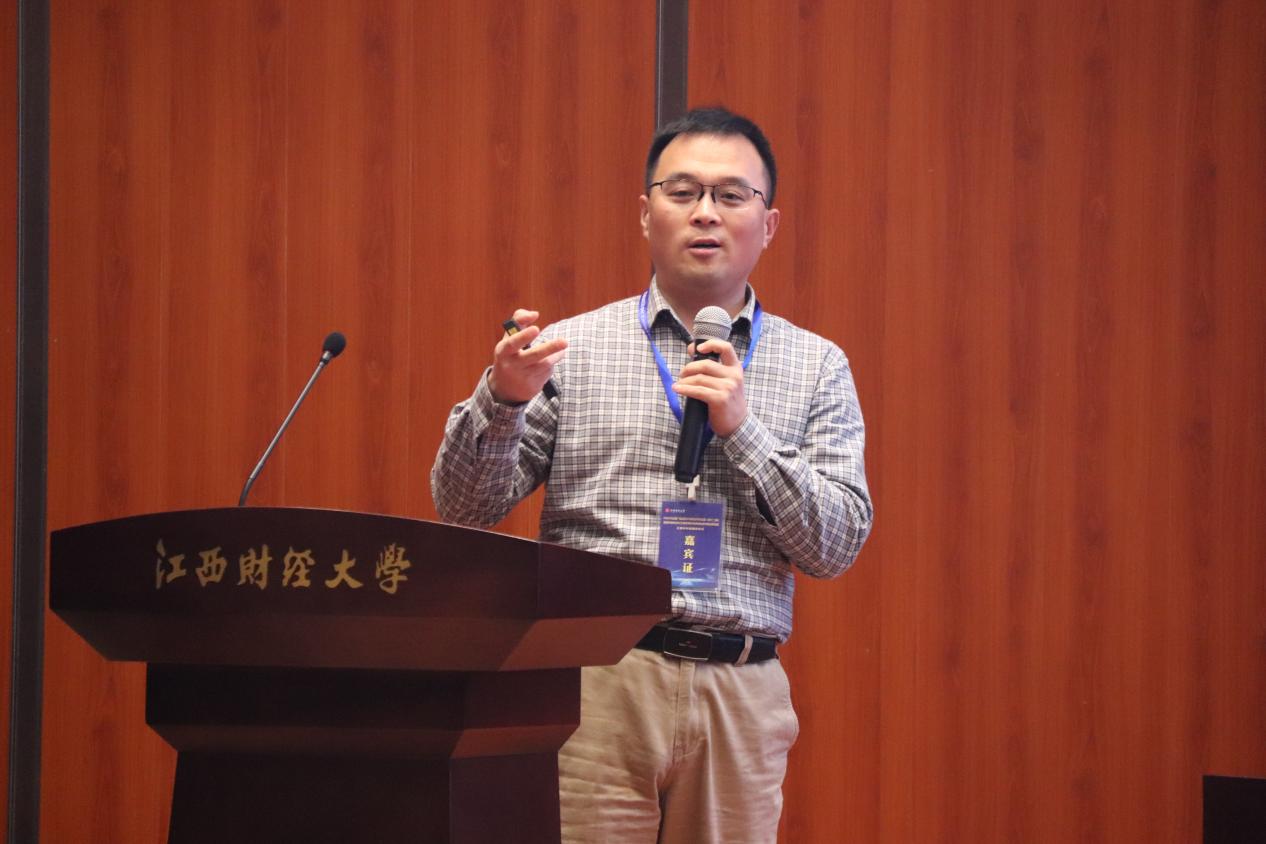
Professor Han Chao delivered a report titled "Promoting Fair and Unified Regulation". Through a framework theoretical model, he explained the basic logic of the impact of "regulatory fairness" on the optimal allocation of resources. He empirically explored the main sources, manifestations and motivations of deviations from "regulatory fairness", and quantified the economic impact of policy deviations from "regulatory fairness".
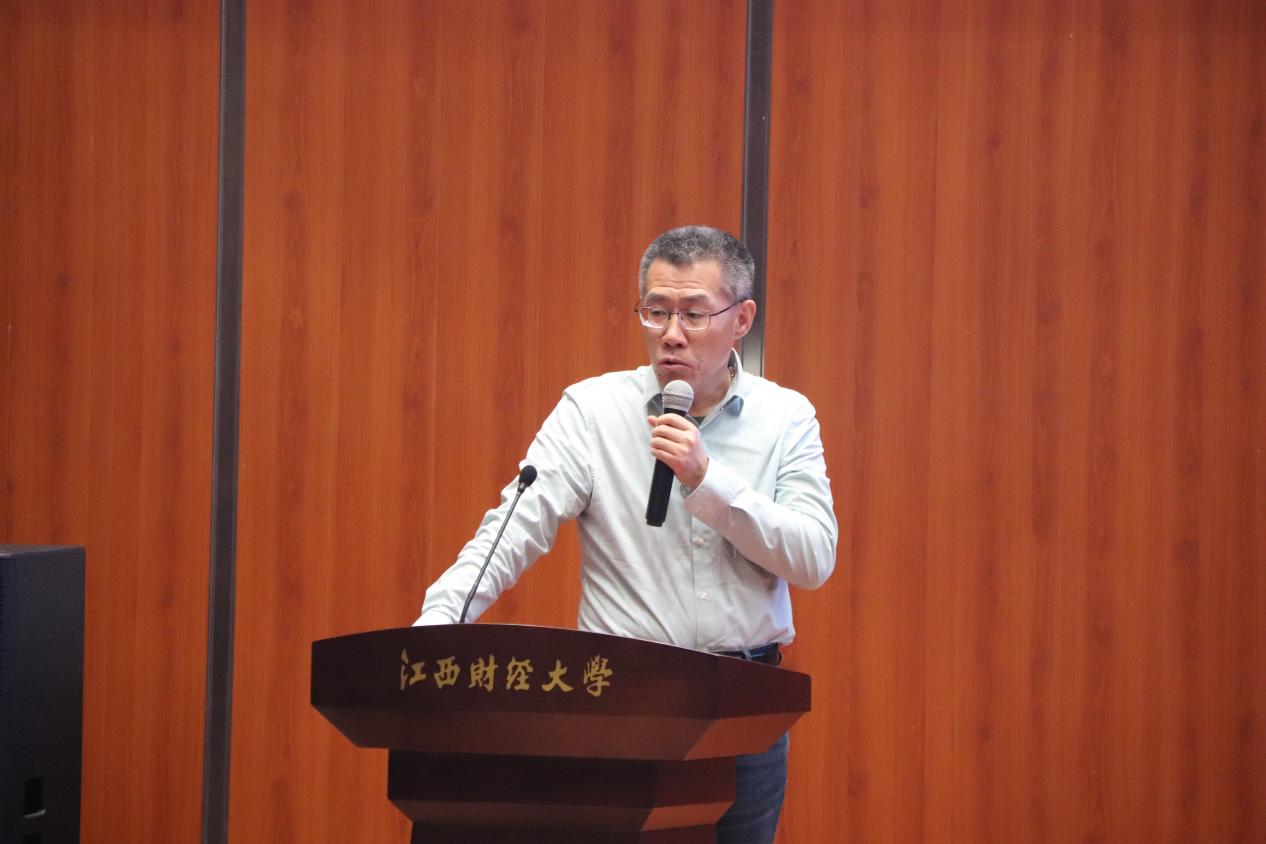
Professor Qu Chuang delivered a report titled "Intra-platform Power and 'Involutionary' Competition". He discussed the connotation, sources and abusive behaviors of intra-platform power, conducted a detailed analysis of intra-platform power, and pointed out that the abuse of intra-platform power and "involutionary" competition, as well as the motivation of platforms to "involute" others, depend on their business models.
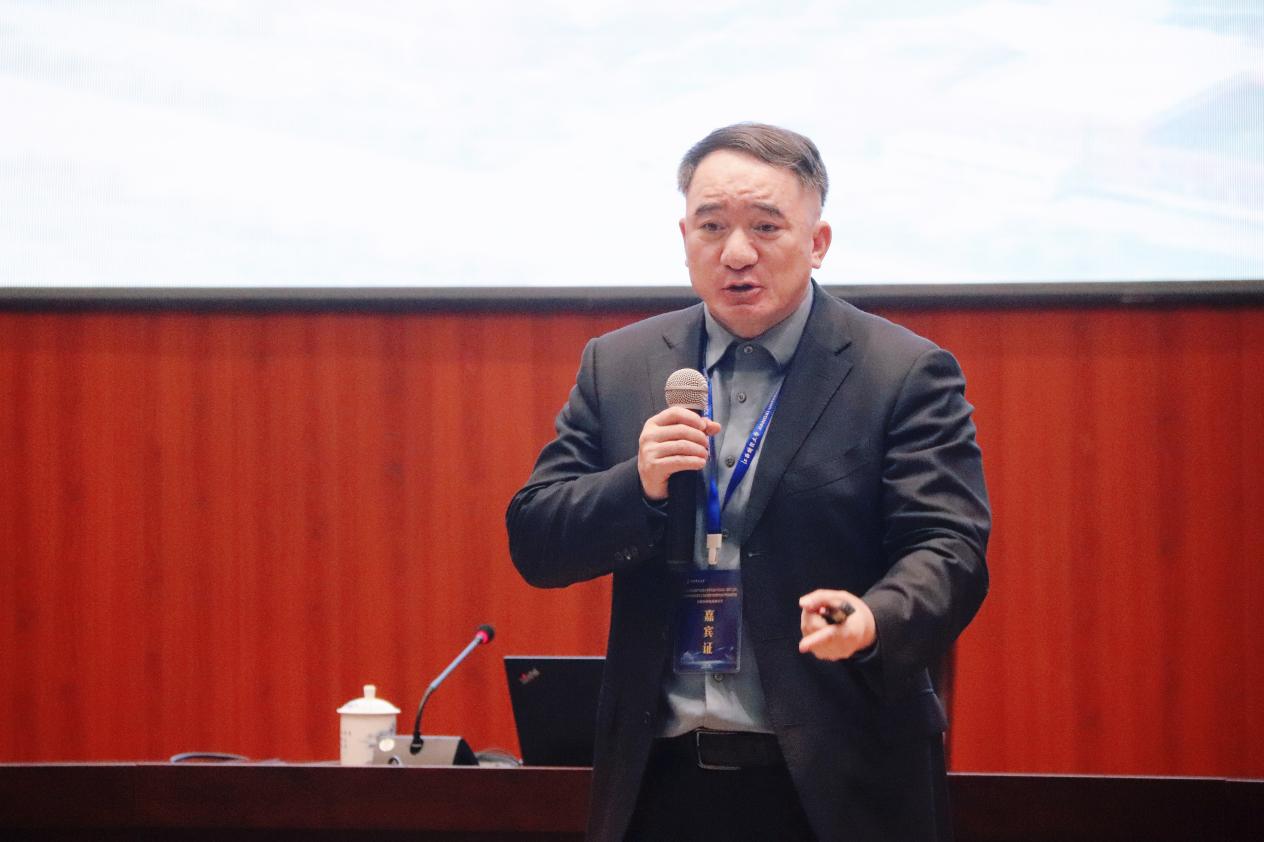
Professor Zhang Jie delivered a report titled "Cognitive Areas and Breakthrough Directions in China's Current Innovation and Entrepreneurship Field". Aiming at the problem of differences in innovation and entrepreneurship capabilities, he proposed solutions from the perspectives of optimizing the allocation of innovation resources, strengthening cross-regional cooperation, improving the talent training mechanism, and enhancing policy support to address regional differences in innovation and entrepreneurship capabilities.
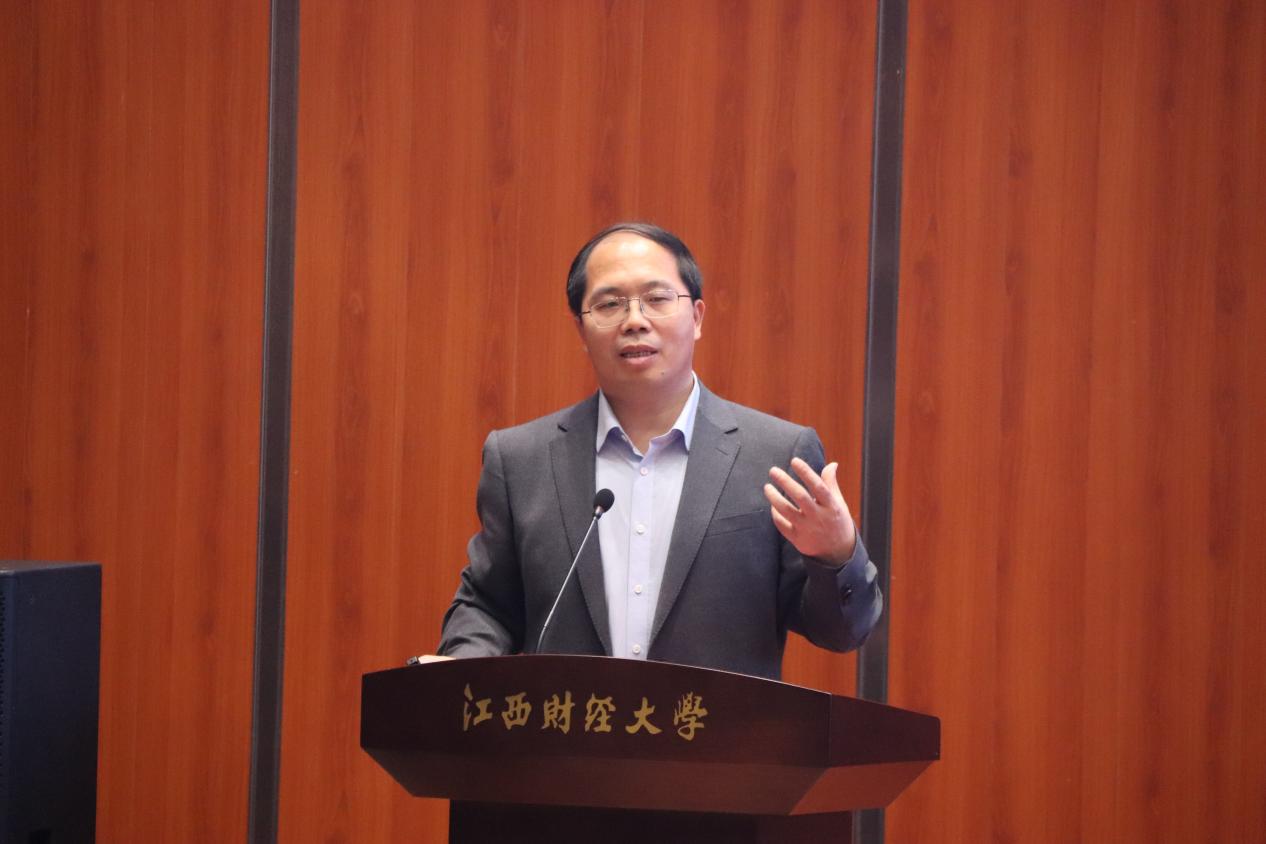
Professor Liu Xiuyan delivered a report titled "Technology Cluster Structure and Disruptive Innovation: On the Breakthrough Path of the Relevance 'Trap'". Based on the inter-temporal comparison of patent texts, he constructed an innovation disruptive index, summarized and formed indicators of disruptive innovation at the regional (enterprise) level, and empirically tested the impact of local technology cluster structure on disruptive innovation.
In the afternoon, 5 parallel sub-forum seminars were held simultaneously. Scholars from research institutions and universities such as Dongbei University of Finance and Economics, Xiamen University, Renmin University of China, Southwestern University of Finance and Economics, Nanjing University, Shanghai University of Finance and Economics, Lanzhou University, and Fudan University delivered reports and conducted discussions around 5 major themes: innovation-driven and governance effects, data factors and enterprise innovation synergy, artificial intelligence and organizational resilience, supply chains and enterprise digital transformation, and markets and policies. During the conference, the reporters in-depth displayed their research results, and the hosts and participating scholars gave wonderful comments on each paper, creating a strong atmosphere of academic discussion and exchange.
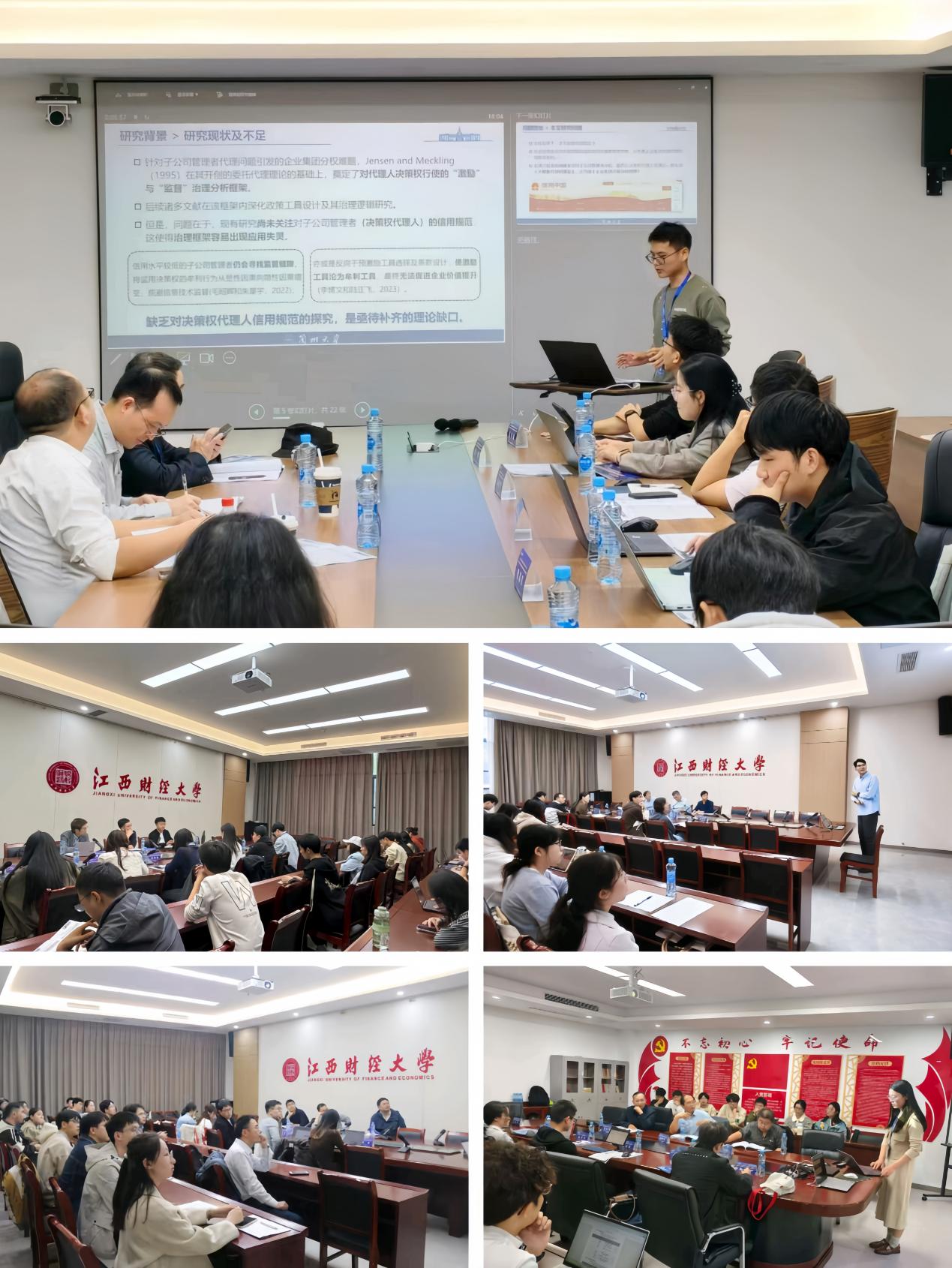
With the successive conclusion of the 5 sub-forums, the 2025 National Postgraduate Academic Forum on Industrial Economics (12th Session) came to a successful conclusion.

